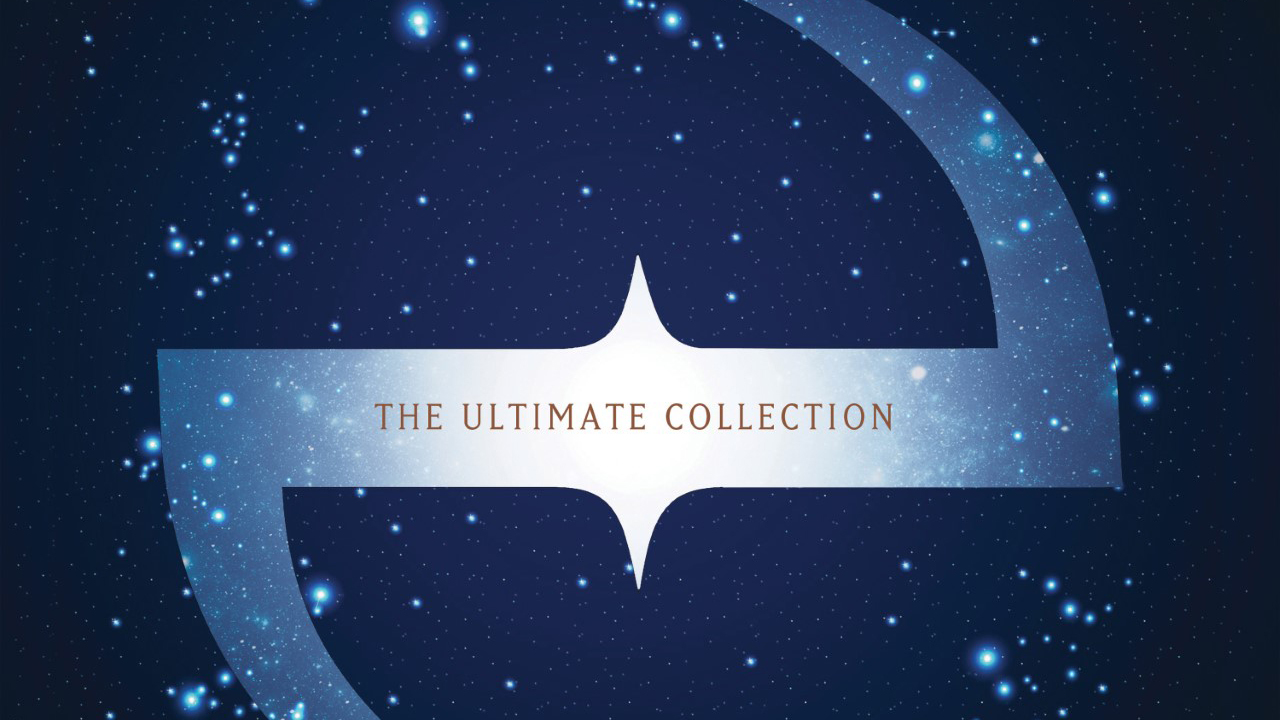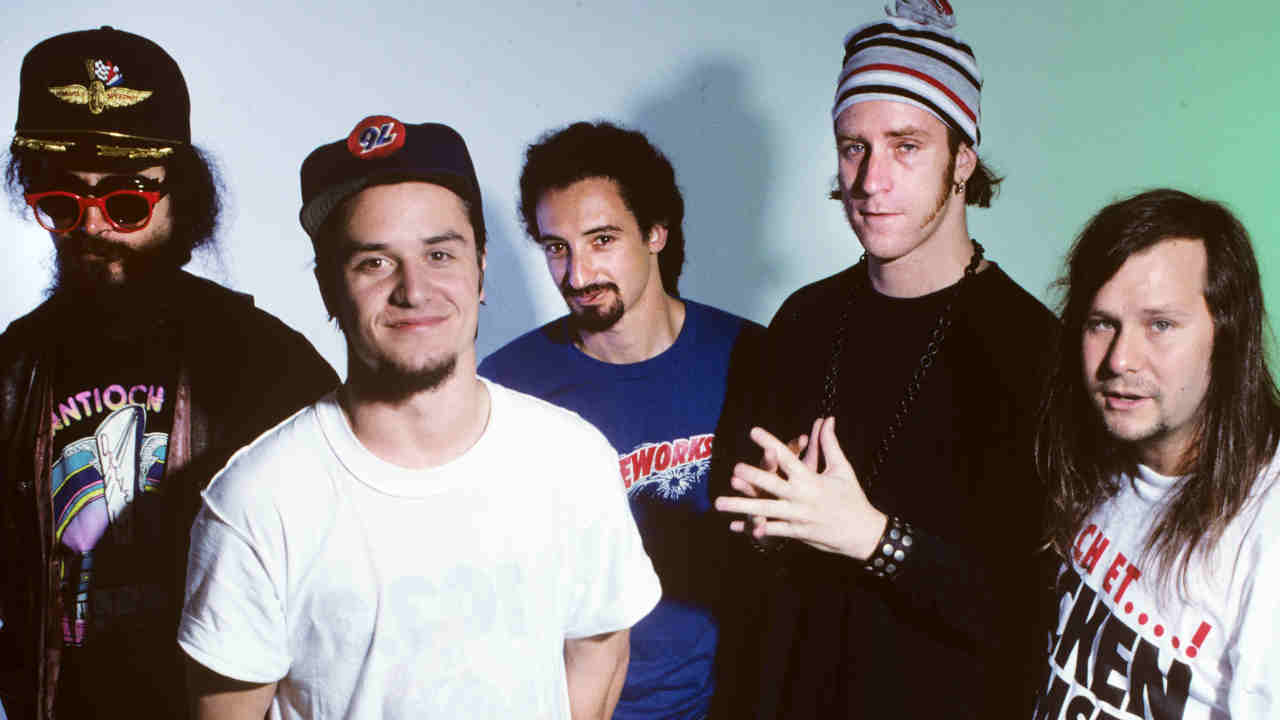You can trust Louder
In music industry parlance, ‘the ultimate collection’ is often anything but. Take a band’s back catalogue, supplement it with a few demos found on a Memorex C90 in the lead singer’s make-up drawer, slip in a couple of reproduction tickets from a 1971 gig at the Ipswich Gaumont… Yeah, that’ll suffice. Thankfully, Evanesence’s The Ultimate Collection bucks that throwaway trend – and how. For starters, it’s heavy – and we ain’t necessarily talking about those great crunching guitars that regularly interrupt frontgal Amy Lee’s waft-a-goth ramblings.
What we have here are six LPs, each pressed on beefy 180-gram vinyl. You remember those old PMRC ‘explicit content’ stickers? Well, this should carry a warning about its perilous weight – older Classic Rock readers could be in danger of putting their back out.
For the record – pun intended – the set comprises the studio full-lengths Fallen, The Open Door and Evanescence, and, for the first time, Origin, the band’s first demo album (a handful of copies were self-released in 2000), which features early versions of Fallen hits such as Whisper and My Immortal.
There’s more. Bonus LP Lost Whispers collects the careerspanning B-sides and also includes two vinyl exclusives: the studio version of Evanescence’s trademark tour intro and a 2016 acoustic update of one of the band’s earliest songs, Even In Death. Finally, there are custom lyric inner sleeves and a 52-page hardback book featuring rare photos, handwritten lyrics and artwork from Amy Lee’s journals.
Musically, there’s stacks to savour, although Lee’s agonised musings are an acquired taste. There’s plenty of soul-searching, tracks such as Call Me When You’re Sober, My Heart Is Broken and Sweet Silence often sounding too up-close-and-personal for comfort. Witness this smattering of lyrics from the latter: ‘I dream in darkness/I sleep to die/Erase the silence/Erase my life.’ Nevertheless, to the selfharm generation, Evanescence’s songs are both anthems and touchstones, which cannot be anything but a positive.
The cardboard slipcase that houses the collection even depicts a glow-in-thedark star system. No doubt about it, this is quintessential Evanescence. Or, to make a 1970s prog-rock reference, let’s just call it quintessence.
Sign up below to get the latest from Classic Rock, plus exclusive special offers, direct to your inbox!
Geoff Barton is a British journalist who founded the heavy metal magazine Kerrang! and was an editor of Sounds music magazine. He specialised in covering rock music and helped popularise the new wave of British heavy metal (NWOBHM) after using the term for the first time (after editor Alan Lewis coined it) in the May 1979 issue of Sounds.


